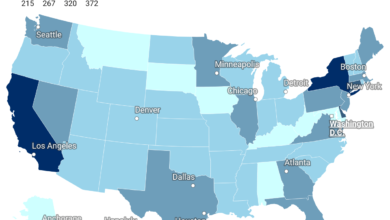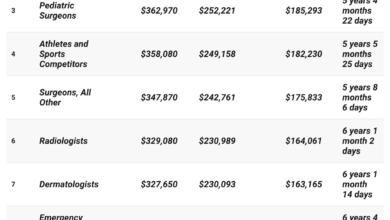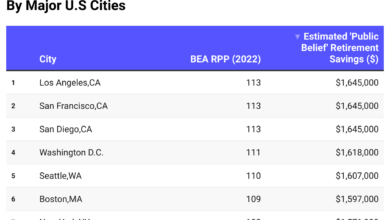New Study Reveals Connection Between Homeownership and Increased Longevity

Sociological research suggests that a struggling housing market may negatively impact your long-term health.
A study led by Dr. Casey Breen, Senior Postdoctoral Research Fellow at Oxford University’s Leverhulme Centre for Demographic Science and Department of Sociology, explored the benefits of homeownership among men.
The research analyzed census data from 1920 and 1940, along with Social Security mortality records, to document disparities in homeownership rates between Black and White populations. It also estimated the impact of homeownership on longevity using a sibling-based approach.
Homeownership rates for younger generations, particularly millennials, have been on the decline. A 2024 analysis of government data by Apartment List reveals that just 33% of millennials owned a home by the age of 30, a significant drop compared to 42% of Gen Xers, 48% of baby boomers, and 55% of the silent generation at the same age.

According to the study, one of the factors linking homeownership to longevity is wealth accumulation. “A home is the single largest component of nonpension wealth in the United States,” the study notes.
This connection can be seen in three key ways. First, owning a home can reduce housing costs, protecting owners from rising rental prices and offering tax benefits, such as deductions on mortgage interest and exemptions from capital gains tax. Second, homes typically appreciate in value over time. Third, the act of making monthly mortgage payments encourages saving, which contributes to wealth building.
Another factor tied to longevity is the link between homeownership and social networks. Homeowners tend to feel a greater sense of community compared to renters. This is because they often stay in the same neighborhood longer, fostering stronger ties to their community and greater engagement in local events.
The study also points out that homeownership often leads to better housing conditions, which contributes to improved health outcomes. Renters, in contrast, are more likely to experience issues like infectious diseases, injuries, and chronic conditions. This is especially true when considering the overcrowded, unsanitary, and poorly ventilated rental units of the 19th and 20th centuries, which were breeding grounds for diseases such as tuberculosis, influenza, and pneumonia.
Finally, homeownership provides psychological benefits. Homeowners often feel a greater sense of control and stability in their lives due to the predictability of their environment. Unlike renters, who face the threat of eviction and frequent relocations, homeowners generally experience less anxiety and other mental health issues associated with instability.




